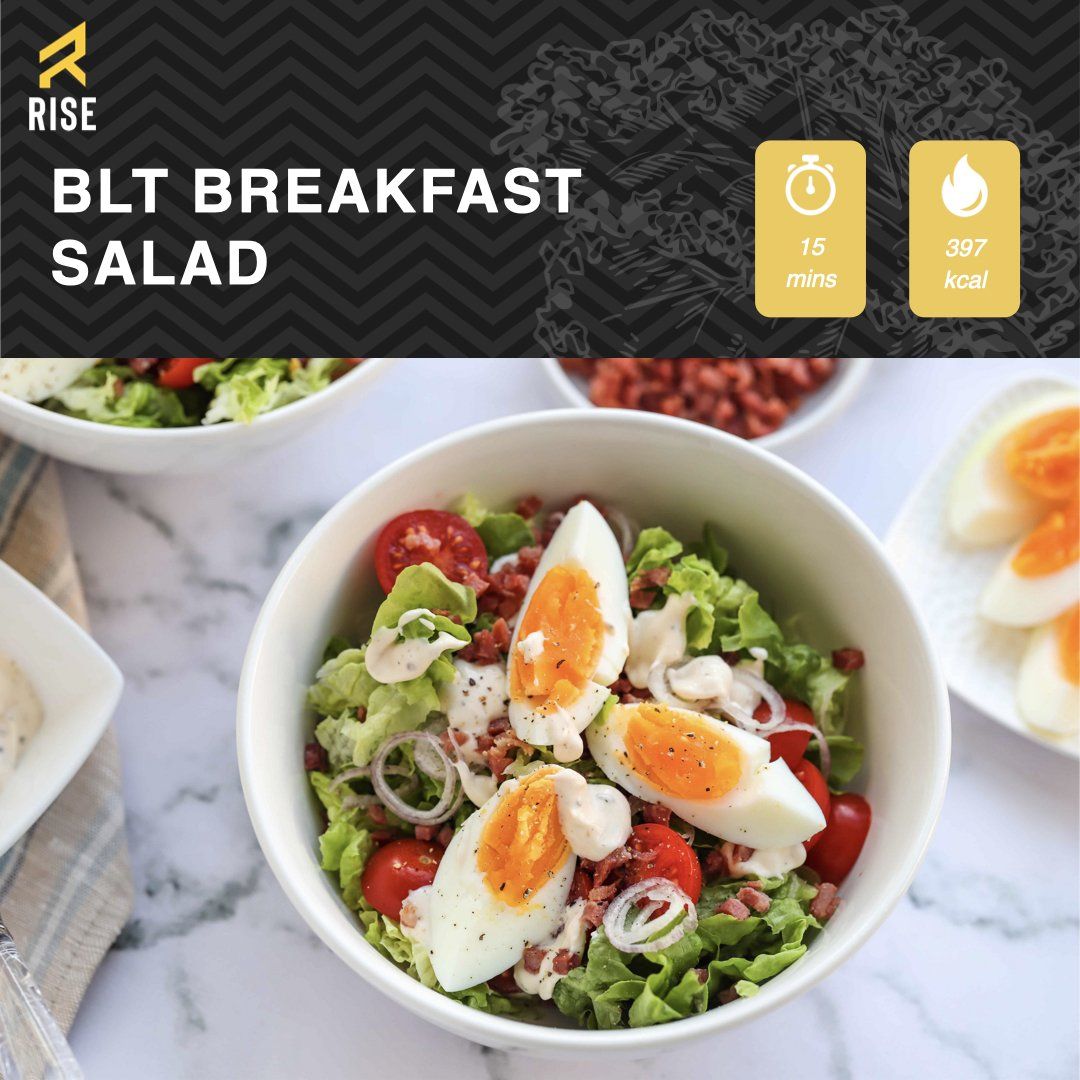The Stress Busting Diet
Eat Your Stress Goodbye - Stress Reducing Diet
When you’re stressed out, the foods that you’re turning to are most likely going to be
traditional ‘comfort’ foods – think big meals, take-out, fatty foods, sweet foods, and
alcohol. Let’s face it – we’ve all found some comfort in a tasty meal and a bottle of beer or
glass of wine when we’ve been stressed out or upset about something. However, this isn’t a
good permanent solution.
When you’re turning to unhealthy foods you can feel better temporarily, but in the
long run, you will feel worse. When your body isn’t getting the right nutrition, you can
begin to feel less energetic, more lethargic, and in some cases less able to
concentrate and focus. All of this can lead to even more stress.
Foods that Fight Stress
If you’ve been feeling more stressed out than usual lately, it’s important to know
which foods are best to choose and which to avoid when it comes to combating
stress and helping you to deal with feelings of stress and anxiety. The best way to
fight stress is to have a healthy, balanced diet which includes a moderate amount of
each of the different food groups.
Filling up on foods such as whole grains, leafy vegetables, and lean proteins as the
basic staples of the diet is the best way to ensure that your body gets the optimum
amounts of nutrients to fight both physical and mental health problems. When it
comes to choosing the foods to eat, some have a range of great properties which
help the body to combat stress. Choosing these stress-busting foods will help to
heal and calm your mind permanently, rather than providing a temporary fix.
Some of the best stress-fighting foods include:
Avocado – Avocados are a creamy and versatile fruit which can be eaten in a
range of different ways whether you enjoy it raw, made into sauces, dressings
and dips, or in a smoothie. These nutrient-dense fruits have the properties to
stress-proof your body, thanks to their high glutathione content which
specifically blocks the intestinal absorption of certain fats which cause
oxidative damage. Avocados also contain higher levels of vitamin E, folate,
and beta-carotene than any other fruit, which boosts their stress-busting
properties. However, be careful with portion control when eating avocado, as
it is high in fat.
Blueberries – If you’re feeling stressed out and reaching for the snacks,
swapping chocolate or chips for one of the best superfoods is a great way to
help you deal with your stress levels and achieve a higher level of calm.
Blueberries have some of the highest levels of antioxidants, especially antho-
cyanin, which means that this berry has been linked to a wide range of health
benefits including sharper cognition, better focus, and a clearer mind – all of
which can help you to better deal with stress.
Chamomile Tea – Of course, it’s not all about what you’re eating when it
comes to managing stress; what you’re drinking can also alleviate or worsen
the stress you're feeling. Drinking liquids which are high in sugars and
caffeine, such as coffee, energy drinks or soft drink, can actually increase your
stress levels if consumed regularly. Chamomile tea has long been used as a
natural bedtime soother, and it has also been used in clinical trials, which
determined that chamomile tea is effective in reducing the symptoms of
generalized anxiety disorder.
Chocolate – Although it’s usually seen as an unhealthy treat, there is an
undeniable link between chocolate and our mood. Studies have shown that
eating chocolate can actually make you happier. However, that doesn’t mean
that you can start munching on chocolate bars every time you're stressed out
– chocolate works best as a de-stressor when eaten in moderation and as
part of a healthy and balanced diet. Dark chocolate in particular is best for
you, as it contains more flavanols and polyphenols, two hugely important
antioxidants which can help combat stress, more than many fruit juices.
Beef – Grass-fed beef is not only kinder to the planet and to animals, it’s also
good for people, too. Grass-fed beef has a huge range of antioxidants,
including beta-carotene and Vit-amins C and E, which can help your body to
fight stress and anxiety. If you’re looking for more reasons to spend a little more money on organic, grass-fed beef, it’s also lower in fat than grain-fed
beef whilst being higher in omega-3.
Oatmeal – Oatmeal is great in that it can be a filling comfort food, but also
has a large number of healthy properties to actually make you feel better from
the inside out. A complex carbohydrate, eating oatmeal causes your brain to
produce higher levels of the feel-good chemical serotonin, helping you to feel
calmer and less stressed. Studies have shown that kids who choose oatmeal
for breakfast tend to be much sharper throughout the morning in school
compared to kids who had alternative morning meals.
Walnuts – If you’re looking for a healthy snacking option which will help you
to stay better in control of your stress levels, walnuts are a great choice. There
is no denying the sweet, pleasant flavour of walnuts and they can be a tasty
snack for in-between meals or as part of a desert. A versatile nut, walnuts are
great for salads, or add them to a sweet treat such as coffee and walnut cake.
Pistachios – another food which is great for snacking on and can also help to
combat stress and anxiety in the long term is pistachios. Studies have found
that simply eating two small, snack-size portions of pistachios per day can
lower vascular constriction when you are stressed, putting less pressure on
your heart by further dilating your arteries. Along with this, the rhythmic,
repetitive act of shelling pistachios can actually be quite therapeutic!
Green Leafy Vegetables – leafy, green vegetables should be a pivotal part of
anyone’s diet. Along with helping to combat stress, leafy greens are full of
nutrients and antioxidants which help to fight off disease and leave your body
feeling healthier and more energized. Dark leafy greens, for example spinach,
are especially good for you since they are rich in folate, which helps your body
to produce more mood-regulating neurotransmitters such as serotonin, which
is a ‘feel-good’ chemical. Making leafy greens a part of your diet will help you
to feel happier and less stressed out overall.
Fermented foods – last but not least, eating fermented foods such as yogurt
can help to keep your gut healthy, which actually in turn will help to improve
your mental health and reduce stress levels. The beneficial bacteria which are
found in fermented foods such as yogurt actually have a direct effect on your
brain chemistry and transmit positive mood and behaviour regulating signals
to your brain via the vagus nerve.
Putting Together Your Diet Plan
Planning your meals wisely is key to not only staying physically fit and healthy, but
also to staying mentally strong and being able to best manage your levels of stress.
Knowing which foods to avoid and which are the best to reach for to snack on when
you’re feeling worried and anxious is important to helping you get control over your
emotions and fears.
When you’re feeling stressed, you may be tempted to reach for classic ‘comfort
foods’ – usually foods which are laden with sugar, very starchy, or greasy. However,
although these foods can make you feel momentarily better, they will actually make you
feel worse in the long run.
Having stress-busting snacks such as fresh berries, dark chocolate, yogurt, walnuts
or pistachios, or even a fruit smoothie with avocado and leafy greens in it can help
you to feel better in both the short and long term when it comes to stress. When it
comes to combating and dealing with stress in the long run, it’s important to make
sure that for the most part, you are eating a diet which is healthy and balanced.
In order to stay on track, it’s a good idea to make a meal plan for your week and plan
ahead to make sure that you have a good selection of these stress-busting foods in
your kitchen to make meals and snacks from when you’re feeling like stress-eating.
Making sure that the majority of your meals include foods such as lean proteins and
leafy green vegetables will not only make you feel healthier overall, but can improve
your mental health and stress levels, too.
A good example of a healthy, stress-busting menu would be:
Breakfast: Oatmeal with berries or a fruit smoothie with avocado and berries
Mid-morning snack: Natural yogurt with fruit or a handful of pistachio nuts
Lunch: A whole-grain pasta salad filled with plenty of leafy greens
Afternoon snack: Dark chocolate
Dinner: Grass-fed beef with vegetables
Before bed: Chamomile tea
Of course, you don’t need to stick to this menu – but it gives you a good idea!
Remember to exercise good portion control when eating foods such as nuts, chocolate, yogurt or avocado! As the saying goes, you are what you eat – so make sure that first and
foremost, you’re filling yourself up with foods which are good for your mental health.



